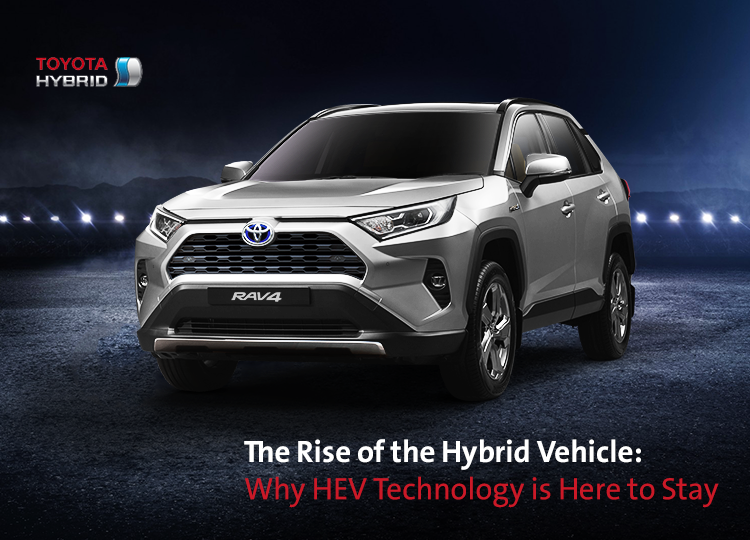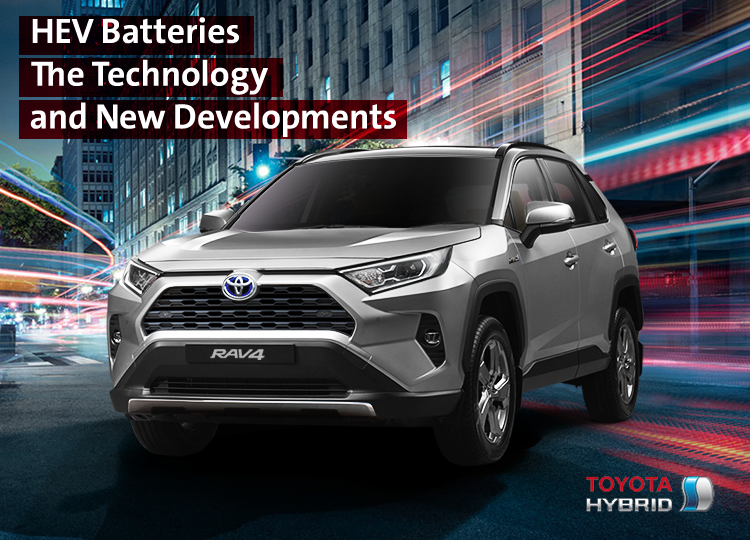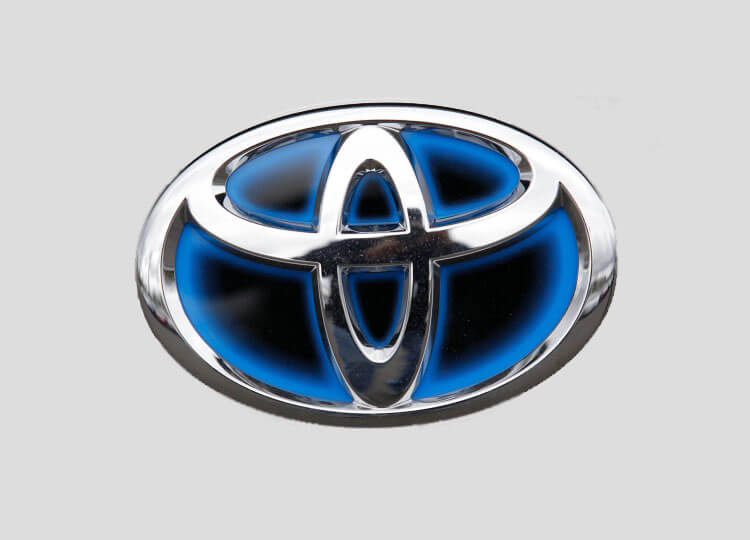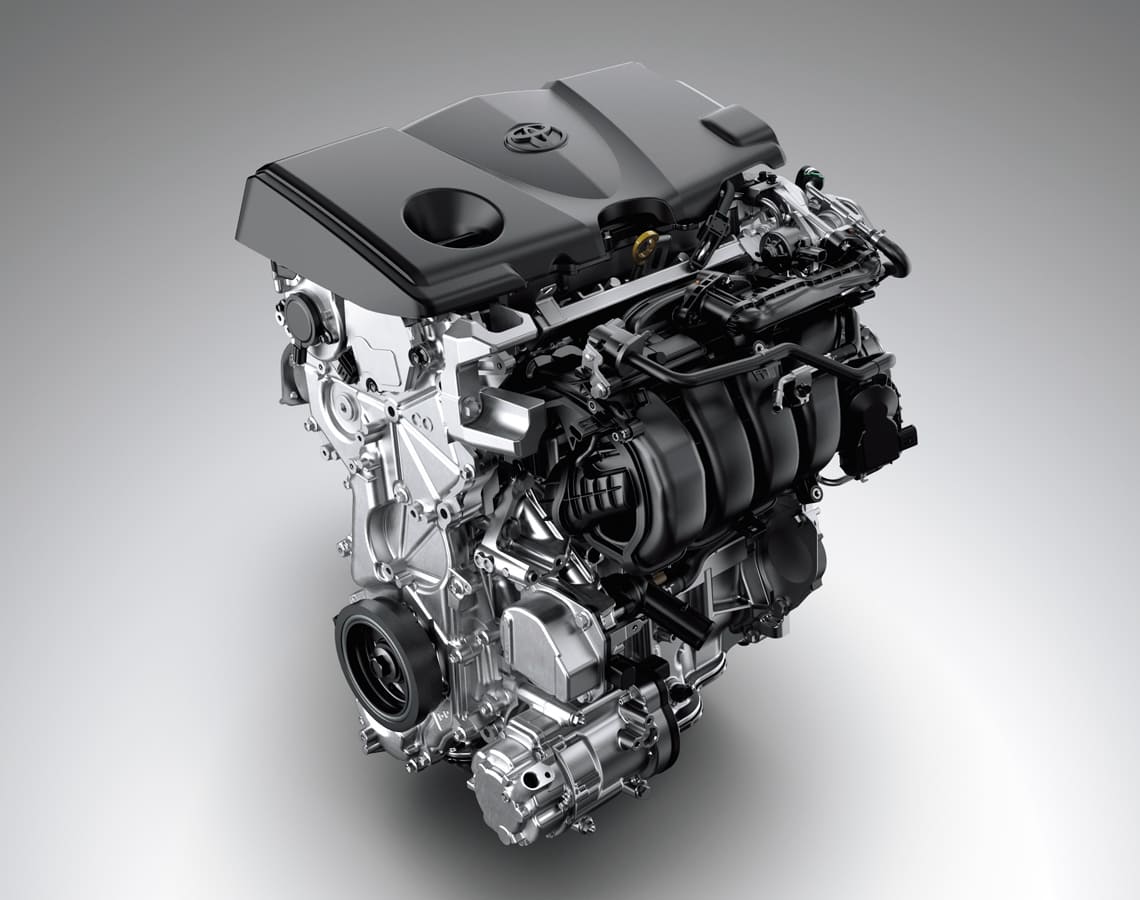28 July, 2019
The Rise of the Hybrid Vehicle: Why HEV Technology is Here to Stay
They may still be relatively new to the automobile market, but hybrid cars aren’t actually a new idea - engineers at General Electric first came up with the concept as far back as the late 1800s, with a gas-electric hybrid featuring a four-cylinder engine.
They may still be relatively new to the automobile market, but hybrid cars aren’t actually a new idea - engineers at General Electric first came up with the concept as far back as the late 1800s, with a gas-electric hybrid featuring a four-cylinder engine. But as soon as the self-starting engine was released in 1913, the idea of electric cars was soon forgotten. It wasn’t until the late 20th century that car manufacturers began to reconsider the idea.
Toyota proudly introduced hybrid vehicles in 1997, presenting a whole new world of opportunities for environmentally conscious drivers. Initially, reviews were mixed. The transition from electric to gas power wasn’t as smooth as it could have been, and the 13 seconds it took to get from 0 to 60 was a major concern for anyone who didn’t want to have to choose between fuel efficiency and power. But thanks to continued research and development, today’s hybrid vehicles offers more power, fewer fuel emissions and better gas mileage than ever before.
Here are just a few reasons why more and more people are making Toyota HEVs their vehicle of choice:
-
Kinder to the environment: switching over to electrical power means hybrids burn less fuel, dramatically reducing the amount of smoke and other pollutants.
-
Increased mileage: because hybrids only run partially on gasoline, drivers can enjoy much better fuel efficiency. Maximum torque is delivered from the very moment of acceleration without affecting consumption.
-
Salient: Toyota HEVs are instantly noticeable and distinctive, standing out from the crowd.
-
Quiet: with very little engine noise, HEVs glide effortlessly along the roads without making a fuss.
-
Regenerative braking: every time the brake is applied, an internal mechanism kicks in to boost the battery.
-
Comfortable: HEVs are smooth to handle, accelerating just as quickly as other cars and cruising effortlessly along the highway.
Toyota continues to innovate and there are exciting plans for the future. The company is constantly creating new ways to promote the wider use of HEVs.
Toyota is also developing SIC power conductors to improve battery power and improve fuel efficiency by a further 10%.
Hybrid vehicle technology has come a long way since its early days, but it’s here to stay.
Related Articles

28 July, 2019
The Rise of the Hybrid Vehicle: Why HEV Technology is Here to Stay
They may still be relatively new to the automobile market, but hybrid cars aren’t actually a new idea - engineers at General Electric first came up with the concept as far back as the late 1800s, with a gas-electric hybrid featuring a four-cylinder engine.




